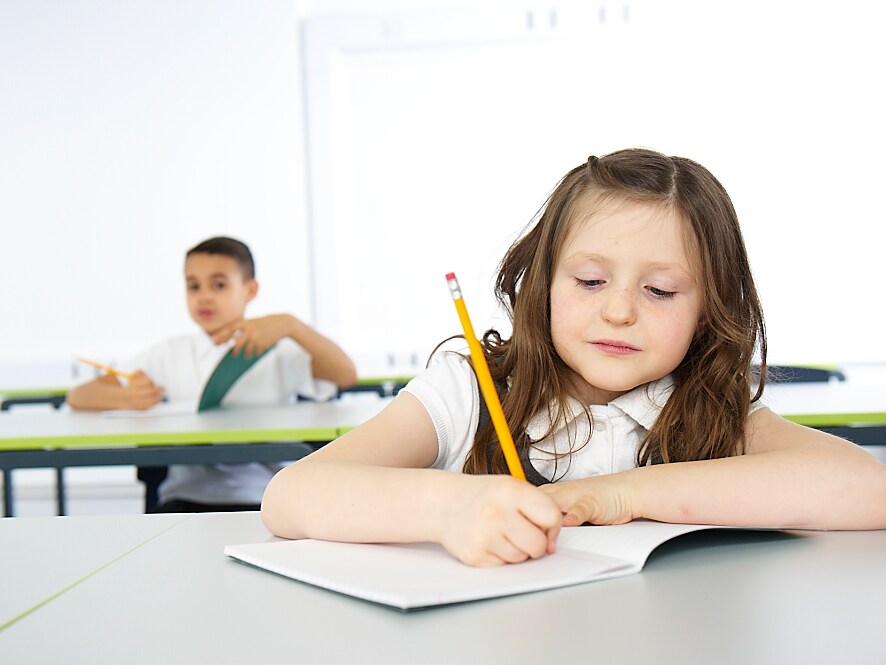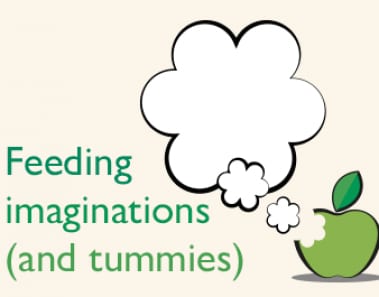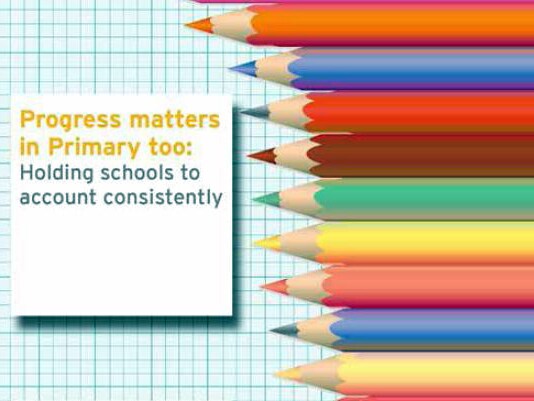
Update on the new Common Inspection framework for September 2015
The updated Ofsted Common Inspection Framework (CIF) was launched on 11 June for inspections from September 2015. Until the end of the current term schools will be inspected under the 2012 framework (last updated in January 2015).
The new CIF is designed to pull together the inspection of the different education settings (early years setting, maintained schools and academies, non-association independent schools and further education and skills providers) ‘to provide greater coherence across different providers that cater for similar age ranges’.
Between the framework, the Inspectors' handbook, and a plethora of supporting material to assist schools with its roll-out and assimilation, there is quite a lot to wade through, so here is a quick summary of the most important points:
Slight shift in judgement areas
- Ofsted will now make graded judgements in the following areas (2012 judgement areas in brackets). The same judgement areas will be used in all education settings.
- Overall effectiveness (Overall effectiveness)
- Effectiveness of leadership and management (Leadership and management)
- Personal development, behaviour and welfare (Behaviour and safety of pupils)
- Quality of teaching, learning and assessment (Quality of teaching)
- Outcomes for pupils (Achievement of pupils)
Increased emphasis on safeguarding
Safeguarding is now reported under Leadership and Management. There will also be a greater emphasis on the notion of ‘British values’ (already included in the January edition) which include ‘tolerance’ and ‘respect’.
The personal development section also includes a reference to extremism – ‘understand how to keep themselves safe from relevant risks such as exploitation or extremism, including when using the internet’.
Shorter inspections for good schools
Short inspections for schools judged as being ‘good’ in their last inspection are being introduced. These new shorter inspections will start from the assumption that the school is still good, with an emphasis on leadership.
The onus is therefore on the leaders to provide sufficient evidence to HMI that this is the case, with a full inspection to follow only if HMI do not see enough during the short visit to be convinced.
Focus areas
The launch of the new CIF was heralded by a speech delivered by Sir Michael Wilshaw to Westminister outlining the principles of the document and talking about the future of education inspection.
In it, he outlined a number of key focus areas that inspectors would be looking at. In his own words, these are:
- Have the leaders got a grip on the institution? Do they fully understand its strengths and weaknesses?
- Have they communicated their strategy for raising standards to the key stakeholders?
- Are they focussed on what really benefits children and young people, rather than wasting their time endlessly preparing for an Ofsted inspection which could be years away?
- Do they refuse to accept excuses for underachievement and are they prepared to go the extra mile to compensate for family background?
- Are they simply presiders over the status quo, content to take the path of least resistance or are they prepared to challenge staff and students to do better?
- Have they built, or are they developing, a culture that is calm, orderly and aspirational?
- Are they, for example, people who tolerate scrappy worksheets? Or are they people who insist that children should have good materials to work with, including textbooks, readers and library books which they can use for classwork and homework?
Dispelling the myths
Alongside the inspection handbook/document is an additional paper clarifying the facts about Ofsted inspections and attempting to dispel the ‘myths’ surrounding inspection preparation, a key source of stress for teachers and school leaders. Ofsted does not:
- Require schools to show individual or previous lesson plans
- Require details of the pay grade of individual teachers
- Require evidence for inspection beyond what is set out in the inspection handbook
- Expect to see a particular frequency or quantity of work in pupils’ books or folders
- Require the performance and pupil-tracking data and school or college self-evaluations to be presented in a specific format
- Grade individual lessons
This guidance has been well received by teachers and teaching unions. as evidence that Ofsted is recognising - and seeking to address - both the mental toll and the considerable demands on teachers' time that inspection has been taking in recent years.
What about assessment?
From September 2015 schools are required to show how they are managing and measuring attainment and progress now that they are no longer using levels to measure attainment.
Inspectors will consider how well teachers use any assessment for establishing pupils’ starting points, teacher assessment and testing to modify teaching so that pupils achieve their potential by the end of a year or key stage. However, Ofsted does not expect to see any particular system of assessment in place.
Evidence of in-year progress and attainment information should be provided to inspectors in the format that the school would ordinarily use to track and monitor the progress of pupils in the school.
Reference is made many times in the document to 'Schools' own Assessment Policies'. As part of the good practice in school policy update and review, schools are well-advised to have their assessment, marking and feedback policies updated and in place by the start of the Autumn term.
Find out more how Pearson can support you with assessment with our new service Progress & Assess.
Image credit: Robert Kneschke. Shutterstock


















